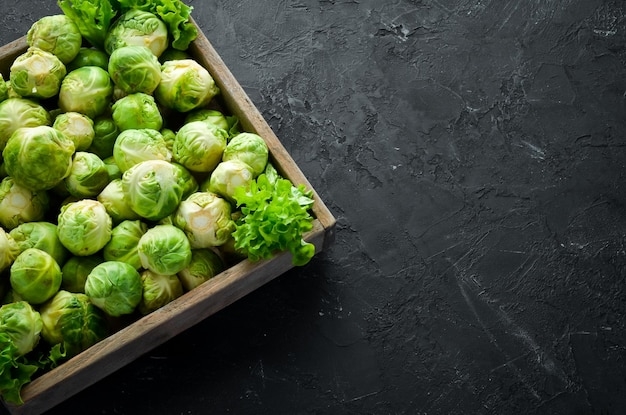Watercress is a leafy green vegetable that is a member of the Brassicaceae family. It is known for its peppery taste and is commonly used in salads, sandwiches, and soups. But did you know that watercress is also packed with nutrients and antioxidants that are beneficial for your health? Here’s a breakdown of some of the key vitamins and antioxidants found in 100g of watercress:
Vitamin K
Watercress is an excellent source of vitamin K, with 100g providing 250% of the recommended daily intake. Vitamin K is important for blood clotting and bone health, and may also have a role in heart health and cancer prevention.
Vitamin C
Watercress is also a good source of vitamin C, with 100g providing 43% of the recommended daily intake. Vitamin C is important for immune function, skin health, and wound healing, as well as its antioxidant properties.
Antioxidants
Watercress is a rich source of several antioxidants, including beta-carotene, lutein, and zeaxanthin. These antioxidants help to protect your cells from damage by neutralizing free radicals and may have a role in preventing chronic diseases such as cancer, heart disease, and Alzheimer’s disease.
Other Nutrients
In addition to vitamin K, vitamin C, and antioxidants, watercress is also a good source of other nutrients such as vitamin A, calcium, and iron. It is also low in calories, with 100g containing just 11 calories.
How to Incorporate Watercress in Your Diet
Watercress can be used in a variety of ways in cooking. Here are some ideas:
- Add to salads for a peppery kick
- Use as a bed for grilled meats or fish
- Add to soups or stews for added flavor and nutrition
- Blend into smoothies for an extra nutrient boost
FAQs
1. Is watercress safe to eat?
Yes, watercress is safe to eat. However, like all vegetables, it should be washed thoroughly before consuming to remove any dirt or bacteria.
2. Can watercress help prevent cancer?
There is some evidence to suggest that the antioxidants found in watercress may have a role in preventing cancer, particularly breast cancer. However, more research is needed to confirm these findings.
3. Is watercress a good source of iron?
Yes, watercress is a good source of iron, with 100g containing 21% of the recommended daily intake. Iron is important for red blood cell production and energy metabolism.
4. Can watercress be used as a natural remedy for coughs and colds?
There is no scientific evidence to support the use of watercress as a natural remedy for coughs and colds. However, its high vitamin C content may help to boost the immune system and reduce the severity of cold symptoms.
5. Can watercress be eaten raw?
Yes, watercress can be eaten raw. It is often used in salads and sandwiches for its peppery taste.
6. Does watercress have any side effects?
While watercress is generally safe to eat, some people may experience an upset stomach or diarrhea if they consume large amounts of it. It is also high in vitamin K, which can interfere with blood thinners such as warfarin, so people taking these medications should consult their doctor before consuming watercress.
7. Is watercress a good source of fiber?
No, watercress is not a good source of fiber. 100g of watercress contains only 0.5g of fiber. However, it is still a nutritious vegetable that is low in calories and high in vitamins and antioxidants.
8. How can I store watercress?
Watercress should be stored in the refrigerator and used within a few days of purchase. It can be kept in a plastic bag or container with a damp paper towel to help keep it fresh.
9. What other vegetables are similar to watercress?
Other leafy green vegetables that have a similar taste and texture to watercress include arugula, kale, and mustard greens.
10. Can I grow watercress at home?
Yes, watercress can be grown at home in a container or a small stream. It requires plenty of water and partial shade to thrive, so it is best grown in a damp, shady location.
Conclusion
Watercress is a highly nutritious vegetable that is loaded with vitamins and antioxidants. It is a good source of vitamin K, vitamin C, and several other important nutrients, and may have a role in preventing chronic diseases such as cancer, heart disease, and Alzheimer’s disease. So why not incorporate some watercress into your diet today?

















































